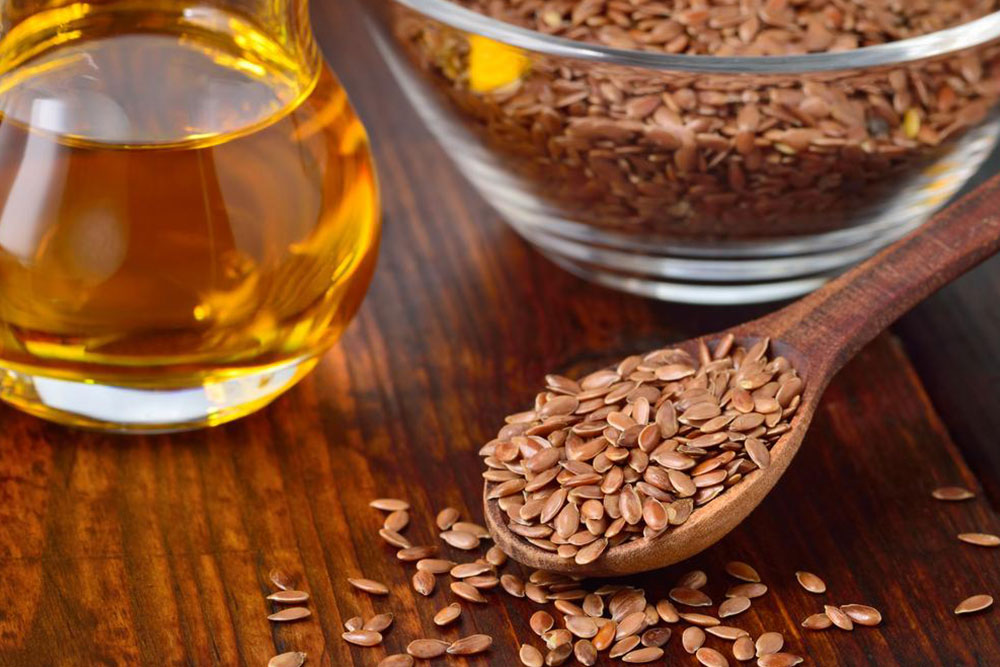Comprehensive Guide to the Top 12 Anti-Inflammatory Foods for Better Health
Discover the top 12 anti-inflammatory foods that can naturally boost your immune system, reduce chronic inflammation, and support overall health. From leafy greens and berries to omega-3 rich fish and potent spices like turmeric and ginger, learn how these foods help prevent disease and promote wellness through simple dietary choices. Incorporating these superfoods into your daily meals can lead to noticeable improvements in health and vitality. Start your journey toward a healthier, inflammation-free life today with this comprehensive guide.

Comprehensive Guide to the Top 12 Anti-Inflammatory Foods for Better Health
Inflammation is an essential biological response that plays a critical role in healing and defending the body against injuries and infections. However, when inflammation becomes chronic, it can lead to a host of health problems, including heart disease, diabetes, autoimmune disorders, and even certain cancers. Managing inflammation through diet is a natural and effective approach. Incorporating anti-inflammatory foods into your daily meals can significantly boost your immune system, reduce chronic pain, and promote overall well-being. In this detailed guide, we will explore the top 12 foods known for their powerful anti-inflammatory properties, how they work, and how you can include them in your diet for optimal health benefits.
Understanding Inflammation and Its Impact on Health
Inflammation is the body's complex biological response to harmful stimuli such as pathogens, damaged cells, or irritants. It involves the activation of immune cells, the release of signaling molecules called cytokines, and increased blood flow to affected areas, resulting in redness, swelling, warmth, and pain. While acute inflammation is a necessary process for tissue repair, persistent or chronic inflammation can damage healthy cells and lead to long-term health issues.
Chronic inflammation is linked to many modern health problems, including cardiovascular disease, type 2 diabetes, neurodegenerative diseases, and autoimmune conditions like rheumatoid arthritis. Therefore, controlling inflammation through lifestyle changes, especially diet, becomes crucial for maintaining good health and preventing disease.
The Role of Food in Combating Inflammation
What we eat directly influences our body's inflammatory response. Certain foods contain bioactive compounds like antioxidants, polyphenols, omega-3 fatty acids, and vitamins that help neutralize free radicals, reduce cytokine production, and inhibit inflammatory pathways. Conversely, processed foods, sugary snacks, fried items, and refined carbohydrates tend to promote inflammation.
Adding anti-inflammatory foods to your regular diet can help modulate immune responses, lower markers of inflammation, and improve overall health at a cellular level. Let's explore the most effective foods that have been scientifically proven to have anti-inflammatory effects.
Dark Leafy Greens
Spinach, kale, Swiss chard, and collard greens are rich sources of antioxidants such as flavonoids and carotenoids. These nutrients help reduce oxidative stress and cellular inflammation. Vitamins A, C, and K found in these greens contribute to strengthening the immune system and curbing inflammatory responses. Including a generous serving of leafy greens in salads, smoothies, or stir-fries can significantly enhance your anti-inflammatory diet.
Bok Choy
This Chinese cabbage is a powerhouse of nutrients, containing over 70 types of phenolic compounds with anti-inflammatory effects. Its versatility allows it to be used in soups, stir-fries, and salads. Bok choy is also rich in vitamins C and K, magnesium, and calcium, which support various bodily functions and help maintain balanced inflammation levels.
Celery
Often overlooked, celery contains antioxidants like luteolin that combat inflammation and oxidative stress. It also helps regulate cholesterol levels and blood pressure, which are associated with inflammatory processes affecting the cardiovascular system. Regular consumption of celery, whether raw or cooked, can promote heart health and reduce systemic inflammation.
Beetroot
The vibrant, deep-red color of beets signals its high antioxidant content, particularly betalains that possess anti-inflammatory properties. Beets support cellular repair, improve blood flow due to their nitrate content, and help combat inflammation associated with chronic diseases. They are delicious roasted, blended into smoothies, or added to salads for a healthful boost.
Broccoli
This cruciferous vegetable is a nutritional powerhouse, offering vitamins C and K, potassium, fiber, and bioactive compounds such as sulforaphane, which has proven anti-inflammatory effects. Regular intake of broccoli can help reduce markers of inflammation and support immune function. It is versatile and can be steamed, roasted, or eaten raw in salads.
Blueberries
Renowned for their antioxidant capacity, blueberries contain quercetin and other polyphenols that wield potent anti-inflammatory and anti-cancer properties. These berries also support cognitive health, slow age-related mental decline, and can improve vascular function. Incorporate fresh or frozen blueberries into cereals, yogurts, smoothies, or desserts.
Pineapple
Pineapple contains bromelain, an enzyme with strong anti-inflammatory and pain-relieving properties. Bromelain aids digestion, reduces swelling, and may lower cardiovascular risks by preventing blood clot formation. Consuming pineapple regularly can help alleviate inflammation and support digestive health.
Salmon
This rich source of omega-3 fatty acids, particularly EPA and DHA, has been extensively studied for its ability to reduce inflammation. Regular salmon consumption lowers the risk of cardiovascular disease, supports brain health, and reduces symptoms of arthritis and other inflammatory conditions. Incorporate salmon into your diet through baking, grilling, or steaming for maximum benefits.
Walnuts
Walnuts are an excellent plant-based source of omega-3 fatty acids, along with manganese, copper, and magnesium. These nutrients help improve heart health, regulate blood sugar levels, and combat inflammation. Snacking on walnuts or adding them to salads and oatmeal can provide an easy way to boost your anti-inflammatory nutrient intake.
Coconut Oil
Unlike processed fats, coconut oil contains medium-chain triglycerides (MCTs) and lauric acid, which have anti-inflammatory and antimicrobial properties. Consuming coconut oil may reduce systemic inflammation, support brain health, and improve lipid profiles. Use it in cooking or baking as a healthy fat alternative.
Turmeric
This bright yellow spice contains curcumin, a powerful compound with anti-inflammatory effects that often surpass some medications like aspirin or ibuprofen. Curcumin inhibits inflammatory cytokines and enzymes, providing relief from joint pain and supporting overall health. To enhance absorption, consume turmeric with black pepper and a healthy fat source.
Ginger
Ginger is versatile, available fresh, dried, or as a supplement. It contains gingerol, which has been shown to reduce inflammation, support digestion, and relieve pain. Incorporate ginger into teas, smoothies, stir-fries, or dishes to enjoy its anti-inflammatory benefits and improve overall health.





